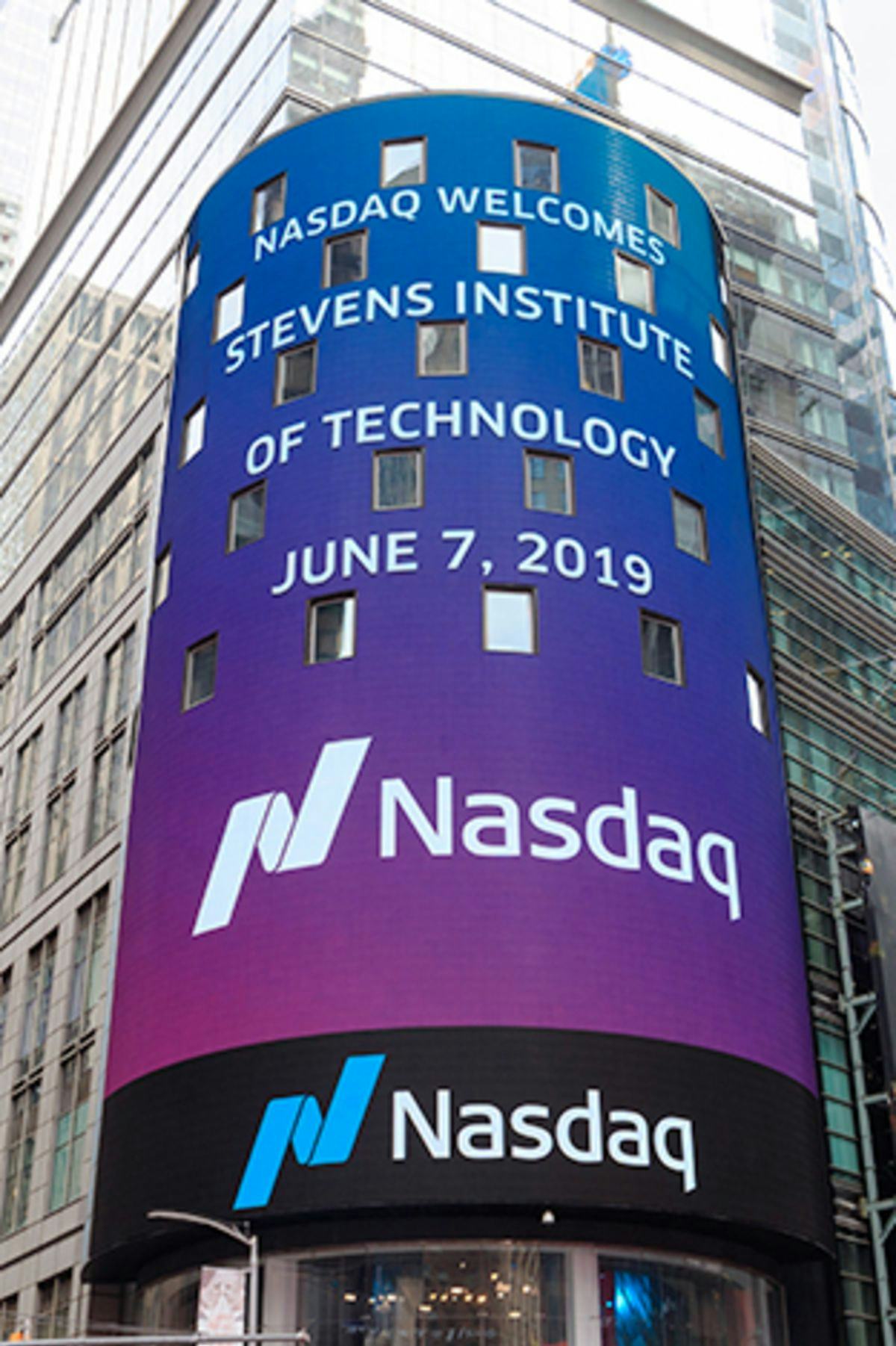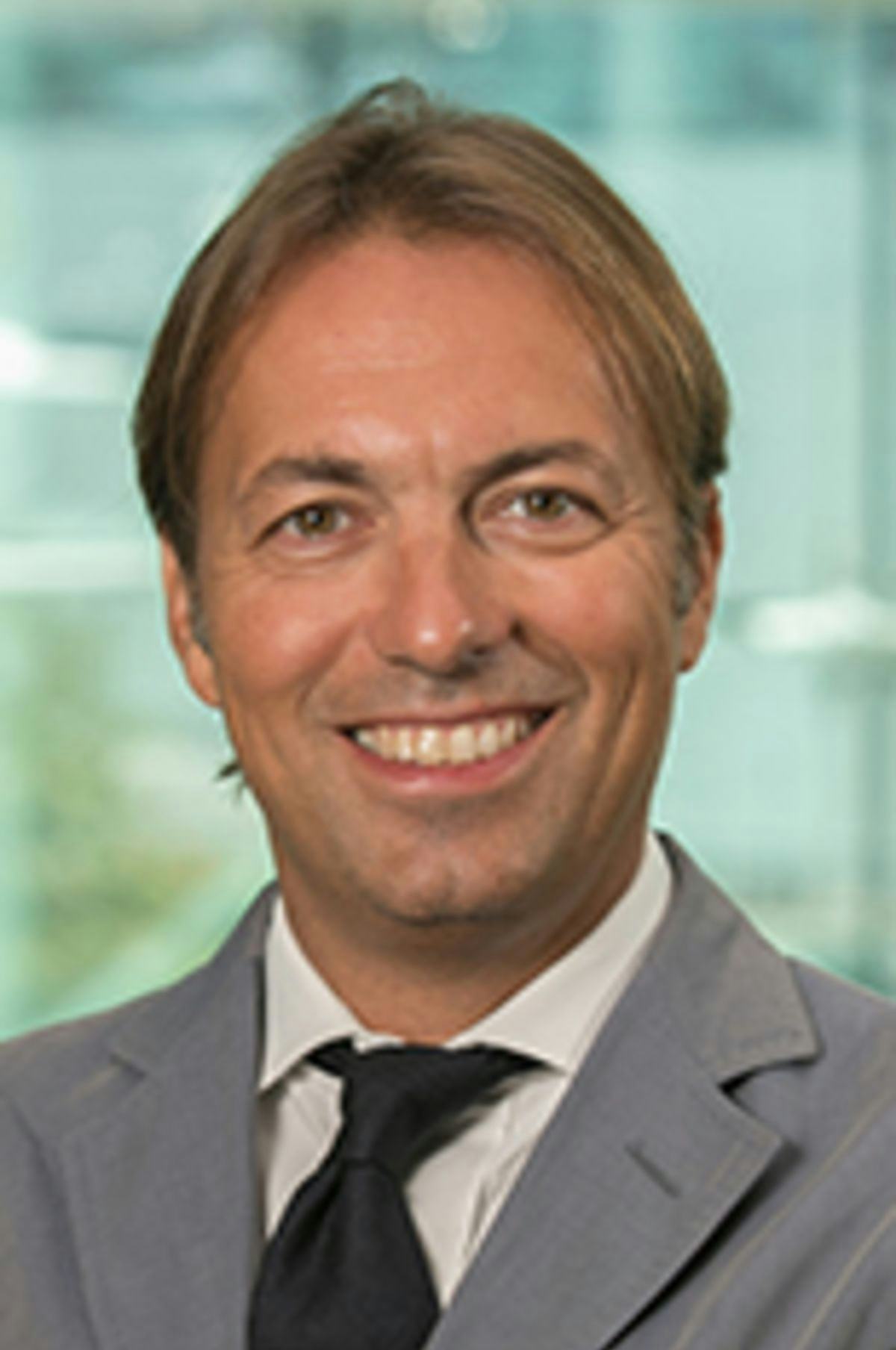Passport to Fintech: School of Business Hosts Italian Students for Intensive Finance Course
There’s no better way to pick up a new language than through cultural immersion — learn French in France, German in Germany and, if you want to gain fluency in fintech, you go to Stevens Institute of Technology.
That’s what brought 31 students from three Italian universities to the School of Business for an intensive finance course earlier this summer.
“I came to Stevens to learn how the finance world operates and get a better sense of the actual work I’ll be doing in my career,” said Francesca Ferro, a graduate finance student at the University of Eastern Piedmont, outside Milan.
Through this weeklong program, students earn Bloomberg certifications while getting hands-on experience with the same technology used by industry professionals in the school’s state-of-the-art Hanlon Financial Systems Center labs. In addition to courses led by Stevens faculty, students were also able to visit the offices of Nasdaq, the Federal Reserve and IEX, a securities exchange co-founded by a Stevens alumnus.
“New York is the mecca of the finance world, so doing this course here is a dream,” Ferro said. “It’s a completely different environment than back home, so I’ve been able to get new ideas and new experiences at Stevens.”
Industry connections power unique opportunities
With strong connections to industry and a campus located just minutes away from Wall Street, the School of Business is able to offer international students opportunities that they might not have access to elsewhere. It’s one of the reasons Dr. Stefano Bonini originally proposed this program, now in its fourth year.
“Between the trips to major companies and courses taught by faculty with industry experience, Stevens is uniquely equipped to give these students a deeper understanding of what it actually looks like to work in finance,” said Dr. Bonini, an assistant professor of finance at the School of Business. “Many students who’ve done the program in the past have said it gave them the perspective they needed to decide on a direction for their career.”
For Federico Dotto, an undergraduate finance student at University Carlo Cattaneo (LIUC), Stevens offered the chance to put years of classroom lessons to the test.
“In Italy, finance education is more theoretical,” he said. “But in the United States, there’s more of a focus on real-world applications. It’s a practical way to connect your knowledge to the things you really have to do when you work for a company.”
Technology brings future in focus
Stevens’ emphasis on technology was another draw for visiting students like Trung Dang, who is currently working toward his master’s in finance at Ca’Foscari University of Venice.
“To succeed in any financial market, you rely on technology because it lets you work faster and smarter than everyone else,” he said. “People here understand the importance of technology, even more than in Europe, and it’s eye-opening to see how they deal with financial data.”
The School of Business has steadily expanded its global reach by leveraging its fintech expertise to form partnerships with foreign universities. Recently, Stevens developed a dual-degree program with Ca’Foscari that allows students to earn a master’s in either economics and finance or management in Venice before coming to the School of Business to complete their master’s in Financial Analytics. Stevens offers similar partnerships in other business disciplines with schools in China and India.
The success of these partnerships has helped inspire plans for even more programs that create exciting opportunities for students both here and abroad.
“These partnerships allow us to enrich our collaboration and become part of a global network of schools that will also benefit our Stevens students, both graduate and undergraduate, who hopefully will have the ability to spend time at foreign institutions,” Dr. Bonini said.




